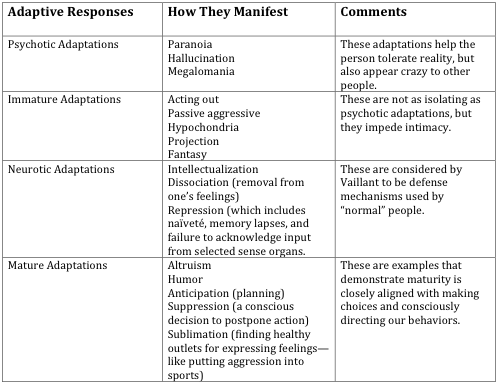People expressing themselves
Why (and How!) to Foster Self-Expression Healthily
To express yourself creatively means manifesting all that you are —your talent and spirit — just as powerfully and authentically as you can.
Many folks assume that they have to be a genius writer in order to write or a powerhouse singer in order to sing. Otherwise, why do it, right?
This kind of thinking leads many people to shut down their self-expression. But it can help to reframe this thinking — to think of true self-expression as less about a masterful performance, and more about the feelings that you get when you express yourself.
Healthy self-expression can make your life more fulfilling, allowing you to tap into your own, unique creativity, desires, and passions.
It’s not uncommon for people to hide their true feelings, because truly expressing yourself can be a very vulnerable act. Some people find themselves avoiding self-expression even in their most intimate relationships for fear of being dismissed or shamed.
When someone is actively suppressing their feelings or going out of their way to not discuss certain topics, it’s called avoidance. This kind of behavior creates communication problems that can also put a strain on personal relationships.
But avoidance doesn’t just happen on its own. It’s a learned behavior that comes as a reaction to the negative responses that someone has received. Some reasons for avoidant behavior can include:
- fearing that your emotions will be hurtful
- believing that your self-expression will be shamed or ridiculed
- avoiding situations that cause emotional stress
- worrying that your partner won’t approve of the person you really are
However, If avoidance is learned, better self-expression can be learned, too.
Here are a few tips you may want to keep in mind when learning to better express yourself in your relationship:
- Identify what makes you uncomfortable, and define your boundaries.
- Be compassionate about your sense of risk and anxieties over rejection.

- Accept that people express themselves differently and may not immediately accept you.
- Give yourself permission not to speak your piece on every issue, and choose when to speak up.
Authentic self-expression in one area of your life can also help you in other areas of your life too. Like cross-training in sports, you can become stronger, more flexible, and more intuitive when it comes to expressing yourself when new situations arise.
Physical self-expression
Creative movement
Dance, martial arts, even yoga are all ways that can help you express your feelings and reduce stress. Learning a new sport or movement style can also be a great opportunity for personal growth as you figure out your own physical strengths and weaknesses.
Consider trying something new as you explore your interests. Over time, you’ll likely find a rewarding style of movement that aligns more closely with how you like to express yourself.
Sexual expression
Laura Zam, a Washington, D.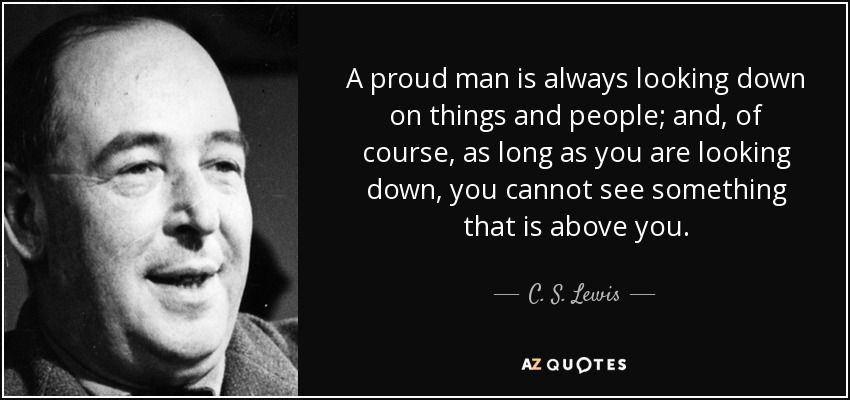 C.-based sexual health coach and author of “The Pleasure Plan: One Woman’s Search for Sexual Healing,” stresses that sexual self-expression can take many forms:
C.-based sexual health coach and author of “The Pleasure Plan: One Woman’s Search for Sexual Healing,” stresses that sexual self-expression can take many forms:
- conveying (and performing) our gender
- dressing in a sexual manner
- showing others our beauty
- understanding and communicating our erotic desires
People are often closed off in at least some of these areas, Zam says, because of shame and fear of the consequences.
In her coaching, Zam focuses on three ways to practice and encourage healthy sexual self-expression:
- Take a pleasure hour. Set aside solo time each week to connect with your erotic self. Zam recommends toys or dress up and finding pleasure, free from outside judgment.
- Finding a sex-positive community. Zam suggests exploring sex positive affinity groups and support groups that will validate your sexual self-expression.
- Talking to your partner — for real — about your needs.
 A strong relationship is built on truth and honesty. Hiding a part of yourself from your partner and not being your true self is a way of not being fully honest with them.
A strong relationship is built on truth and honesty. Hiding a part of yourself from your partner and not being your true self is a way of not being fully honest with them.
Intellectual self-expression
Satisfying intellectual self-expression can be shown in the professional workplace, in creative writings, and even on social media. Expressing yourself in these large social settings allows for a larger group to experience the person that you are.
But it’s important to stay true to yourself and not present someone that you think that other people want to see, instead of who you authentically are.
In fact, a recent study found that people who posted their authentic thoughts on Facebook, as opposed to misrepresenting themselves for popularity, reported higher life satisfaction.
Active self-expression rather than passively sharing other people’s ideas contributed to greater self-satisfaction.
Using your words
Expressing yourself through your words can be very rewarding.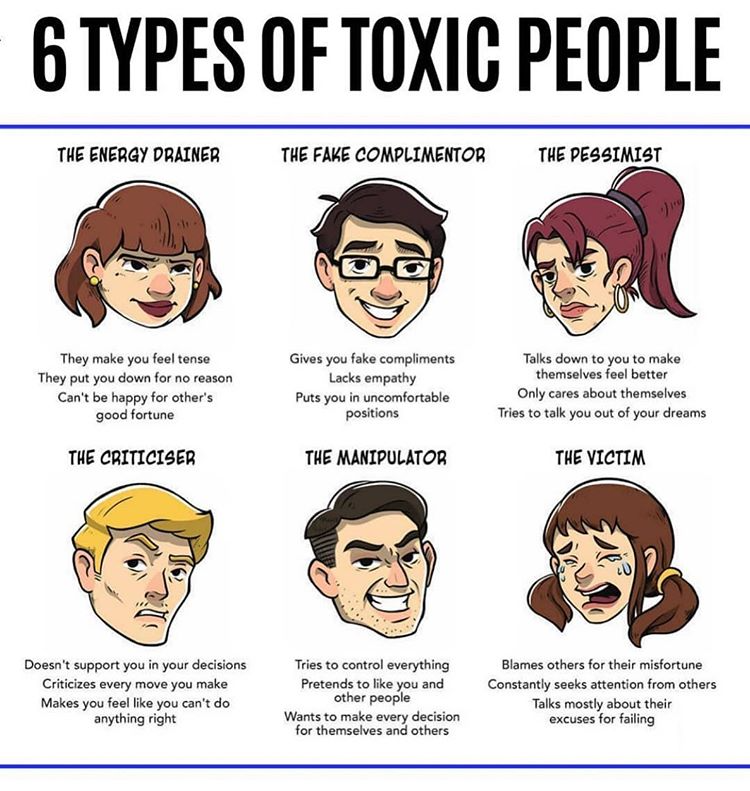 These questions can help guide your verbal self-expression:
These questions can help guide your verbal self-expression:
- What am I feeling?
- What is my meaning?
- What are my options if the other person responds to me in a difficult manner?
If you focus on your own honest feelings, you may find it easier to speak expressively.
Getting creative
Writing in a journal, painting, or other creative activities that engage and stimulate your mind may have psychological benefits, too, regardless of the resulting product.
The positive effects of art therapy are so well known that this recent study aimed to create a scale to measure just how effective art therapy outcomes were.
Self-expression through art correlates strongly to emotional regulation strategies, including:
- acceptance
- release
- problem-solving
- agency
If you’re worried that self-expression makes you selfish or puts too much focus back onto yourself, it’s worth considering what’s motivating your need to express yourself in the first place.
Self-expression is not:
- manipulative
- controlling
- a bid for popularity
If any of these are at the core of your expression, you likely aren’t being true to yourself and are being influenced by other motivating factors. Honest self-expression isn’t meant to change or persuade others. It connects folks with their tribe.
If you’re feeling stuck and want to improve your self-expression, you might want to consider:
- expressing your style in everything you do — your dress, cooking, or the way you wear your hair
- incorporating your unique tastes in your home and yard through art, gardening, and color schemes
- manifesting your feelings through creative mediums, like journaling, painting, or singing
- sharing your intellectual ideas on social media and in meetings
- finding like-minded communities where your ideas are valued and encouraged
- engaging in physical self-expression through body language, sex, dance, and other forms of movement
- communicating your feelings directly and honestly with partners and friends
Wondering when to fit self-expression into your life? Try expressing yourself through:
- daily routines, such as journaling, photography, painting, or movement sessions
- weekly self-dates to enjoy a museum, hike, or coffee shop
- everyday communications with your partner, workmates, and friends
- going online or engaging with social media
- making your needs and desires known during sex or when discussing sex with your partner
- scheduling free time for music and play
Honest self-expression is a bold and brave act and learning how to truly express yourself can take some time. But if it feels risky to be that vulnerable with others, it may help to remember the benefits, like increased self-esteem, better communication, and more authentic relationships.
But if it feels risky to be that vulnerable with others, it may help to remember the benefits, like increased self-esteem, better communication, and more authentic relationships.
The most rewarding relationships are the ones that let you be yourself without judgment and through self-expression, you can share your gifts with others.
Why (and How!) to Foster Self-Expression Healthily
To express yourself creatively means manifesting all that you are —your talent and spirit — just as powerfully and authentically as you can.
Many folks assume that they have to be a genius writer in order to write or a powerhouse singer in order to sing. Otherwise, why do it, right?
This kind of thinking leads many people to shut down their self-expression. But it can help to reframe this thinking — to think of true self-expression as less about a masterful performance, and more about the feelings that you get when you express yourself.
Healthy self-expression can make your life more fulfilling, allowing you to tap into your own, unique creativity, desires, and passions.
It’s not uncommon for people to hide their true feelings, because truly expressing yourself can be a very vulnerable act. Some people find themselves avoiding self-expression even in their most intimate relationships for fear of being dismissed or shamed.
When someone is actively suppressing their feelings or going out of their way to not discuss certain topics, it’s called avoidance. This kind of behavior creates communication problems that can also put a strain on personal relationships.
But avoidance doesn’t just happen on its own. It’s a learned behavior that comes as a reaction to the negative responses that someone has received. Some reasons for avoidant behavior can include:
- fearing that your emotions will be hurtful
- believing that your self-expression will be shamed or ridiculed
- avoiding situations that cause emotional stress
- worrying that your partner won’t approve of the person you really are
However, If avoidance is learned, better self-expression can be learned, too.
Here are a few tips you may want to keep in mind when learning to better express yourself in your relationship:
- Identify what makes you uncomfortable, and define your boundaries.
- Be compassionate about your sense of risk and anxieties over rejection.
- Accept that people express themselves differently and may not immediately accept you.
- Give yourself permission not to speak your piece on every issue, and choose when to speak up.
Authentic self-expression in one area of your life can also help you in other areas of your life too. Like cross-training in sports, you can become stronger, more flexible, and more intuitive when it comes to expressing yourself when new situations arise.
Physical self-expression
Creative movement
Dance, martial arts, even yoga are all ways that can help you express your feelings and reduce stress. Learning a new sport or movement style can also be a great opportunity for personal growth as you figure out your own physical strengths and weaknesses.
Consider trying something new as you explore your interests. Over time, you’ll likely find a rewarding style of movement that aligns more closely with how you like to express yourself.
Sexual expression
Laura Zam, a Washington, D.C.-based sexual health coach and author of “The Pleasure Plan: One Woman’s Search for Sexual Healing,” stresses that sexual self-expression can take many forms:
- conveying (and performing) our gender
- dressing in a sexual manner
- showing others our beauty
- understanding and communicating our erotic desires
People are often closed off in at least some of these areas, Zam says, because of shame and fear of the consequences.
In her coaching, Zam focuses on three ways to practice and encourage healthy sexual self-expression:
- Take a pleasure hour. Set aside solo time each week to connect with your erotic self. Zam recommends toys or dress up and finding pleasure, free from outside judgment.

- Finding a sex-positive community. Zam suggests exploring sex positive affinity groups and support groups that will validate your sexual self-expression.
- Talking to your partner — for real — about your needs. A strong relationship is built on truth and honesty. Hiding a part of yourself from your partner and not being your true self is a way of not being fully honest with them.
Intellectual self-expression
Satisfying intellectual self-expression can be shown in the professional workplace, in creative writings, and even on social media. Expressing yourself in these large social settings allows for a larger group to experience the person that you are.
But it’s important to stay true to yourself and not present someone that you think that other people want to see, instead of who you authentically are.
In fact, a recent study found that people who posted their authentic thoughts on Facebook, as opposed to misrepresenting themselves for popularity, reported higher life satisfaction.
Active self-expression rather than passively sharing other people’s ideas contributed to greater self-satisfaction.
Using your words
Expressing yourself through your words can be very rewarding. These questions can help guide your verbal self-expression:
- What am I feeling?
- What is my meaning?
- What are my options if the other person responds to me in a difficult manner?
If you focus on your own honest feelings, you may find it easier to speak expressively.
Getting creative
Writing in a journal, painting, or other creative activities that engage and stimulate your mind may have psychological benefits, too, regardless of the resulting product.
The positive effects of art therapy are so well known that this recent study aimed to create a scale to measure just how effective art therapy outcomes were.
Self-expression through art correlates strongly to emotional regulation strategies, including:
- acceptance
- release
- problem-solving
- agency
If you’re worried that self-expression makes you selfish or puts too much focus back onto yourself, it’s worth considering what’s motivating your need to express yourself in the first place.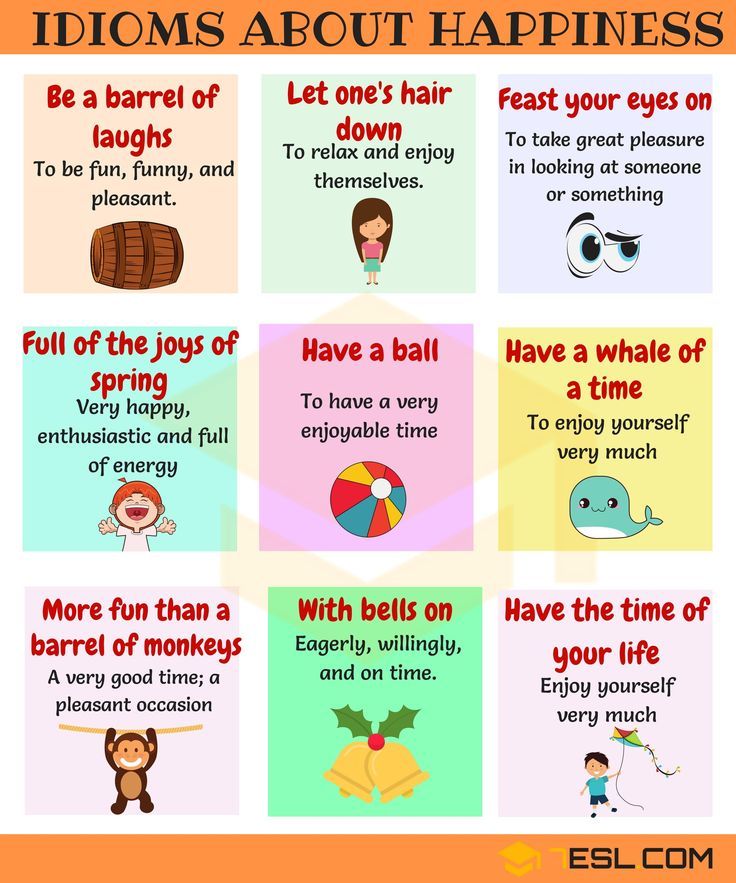
Self-expression is not:
- manipulative
- controlling
- a bid for popularity
If any of these are at the core of your expression, you likely aren’t being true to yourself and are being influenced by other motivating factors. Honest self-expression isn’t meant to change or persuade others. It connects folks with their tribe.
If you’re feeling stuck and want to improve your self-expression, you might want to consider:
- expressing your style in everything you do — your dress, cooking, or the way you wear your hair
- incorporating your unique tastes in your home and yard through art, gardening, and color schemes
- manifesting your feelings through creative mediums, like journaling, painting, or singing
- sharing your intellectual ideas on social media and in meetings
- finding like-minded communities where your ideas are valued and encouraged
- engaging in physical self-expression through body language, sex, dance, and other forms of movement
- communicating your feelings directly and honestly with partners and friends
Wondering when to fit self-expression into your life? Try expressing yourself through:
- daily routines, such as journaling, photography, painting, or movement sessions
- weekly self-dates to enjoy a museum, hike, or coffee shop
- everyday communications with your partner, workmates, and friends
- going online or engaging with social media
- making your needs and desires known during sex or when discussing sex with your partner
- scheduling free time for music and play
Honest self-expression is a bold and brave act and learning how to truly express yourself can take some time. But if it feels risky to be that vulnerable with others, it may help to remember the benefits, like increased self-esteem, better communication, and more authentic relationships.
But if it feels risky to be that vulnerable with others, it may help to remember the benefits, like increased self-esteem, better communication, and more authentic relationships.
The most rewarding relationships are the ones that let you be yourself without judgment and through self-expression, you can share your gifts with others.
Mental Indifference — Master's Program in Psychoanalysis and Psychoanalytic Business Consulting — National Research University Higher School of Economics
The psychiatric phenomena of alexithymia and anhedonia are relevant to our story. The first term, which has Greek roots, was created by psychiatrist Peter Sifneomos in the 1970s and literally translates as "there is no word for emotions"; the second, also of Greek origin, signifies the inability to enjoy normally pleasant things. Two French psychiatrists set the stage for the discussion with the idea of "penseeoperatoire" ("operational thought"), a practical way of thinking and interacting. nine0003
nine0003
Alexithymia
In psychiatry, the term "alexithymia" is used to describe people who look like dead fish; only smoldering coals remained from the former fire in them. Such people, with varying degrees of success, try to understand their emotions and moods, but they cannot understand their subtleties. Since they are not sure what they are feeling, they have a hard time expressing their emotions. Instead of showing feelings, they focus on the physical issues. (Remember that ulcers are not caused by what you eat, but by what eats you.)
Despite the strange name, it is not difficult to define alexithymia. Its symptoms are: poor imagination, lack of inner emotional experience, inability to express amusement, a tendency to speak lifelessly and in too much detail. Moreover, from people with such a mental disorder comes a certain sense of mechanicalness that interferes with any spontaneity. (Winston Churchill, describing the Russian politician Vyacheslav Molotov, captured this feature: “I have never seen a person who better embodies the modern idea of a robot.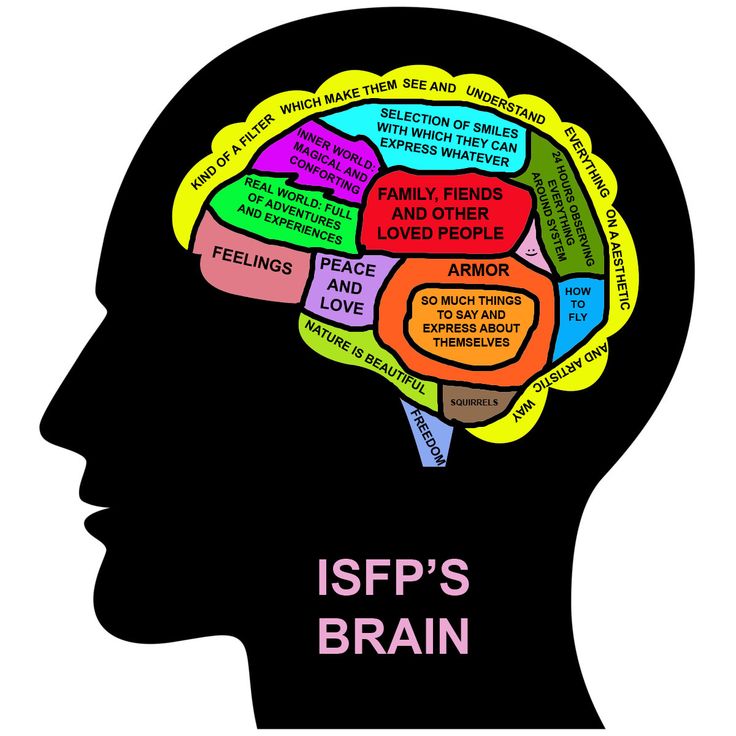 ”) Alexithymics remain calm in conditions that would shock ordinary people. The death of a loved one, the infidelity of a partner, the loss of the opportunity to advance in the service - nothing touches them. All events fall into a black hole of inexpressiveness and emptiness. nine0009 Alexithymics are incapable of either empathy or introspection. This, combined with their mechanical responses to conflict, results in psychological illiteracy. They think about the concrete and the objective; metaphors, allusions and hidden meanings are a foreign language for them.
”) Alexithymics remain calm in conditions that would shock ordinary people. The death of a loved one, the infidelity of a partner, the loss of the opportunity to advance in the service - nothing touches them. All events fall into a black hole of inexpressiveness and emptiness. nine0009 Alexithymics are incapable of either empathy or introspection. This, combined with their mechanical responses to conflict, results in psychological illiteracy. They think about the concrete and the objective; metaphors, allusions and hidden meanings are a foreign language for them.
The work environment in which most managers move contributes to the development of alexithymia. So, in the routine life of some insurance companies and banks, there is simply nothing to be surprised or happy about, nothing to be interested in. The lifelessness of a dying company forces executives to suppress their emotions, a process that takes a lot of energy. Like a weightlifter trying to lift a lot of weight, executives who suppress their emotions eventually become exhausted.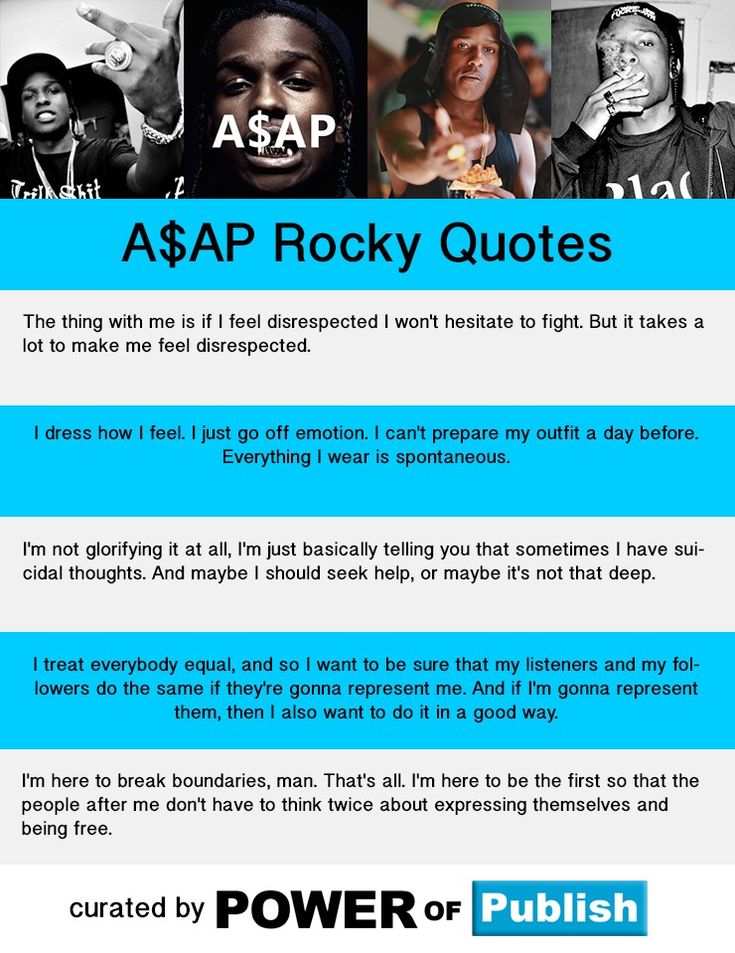 nine0009 There is an emotional division of labor in companies these days: the higher the position a person occupies, the more he will have to restrain himself. Among management members, from managers to senior workers, stricter rules for managing their emotions are being practiced, perhaps due to the expansion of the white-collar and service sectors. Many companies pay attention to the expression of certain emotions. For example, Disneyland, sometimes called the "smile factory," requires its employees to "play" happiness. In other companies, they make it clear that the expression of deep and strong feelings is inappropriate. Few have realized that suppression of emotions (or too strict control of feelings) leads to regressive behavior and infantilization and causes symptoms of stress. nine0003
nine0009 There is an emotional division of labor in companies these days: the higher the position a person occupies, the more he will have to restrain himself. Among management members, from managers to senior workers, stricter rules for managing their emotions are being practiced, perhaps due to the expansion of the white-collar and service sectors. Many companies pay attention to the expression of certain emotions. For example, Disneyland, sometimes called the "smile factory," requires its employees to "play" happiness. In other companies, they make it clear that the expression of deep and strong feelings is inappropriate. Few have realized that suppression of emotions (or too strict control of feelings) leads to regressive behavior and infantilization and causes symptoms of stress. nine0003
Anhedonia (emotional anesthesia)
The doctrine of hedonism, discovered by the ancient Greeks, says that pleasure, that is, the satisfaction of sensual desires, is the highest good. While most people still hold to this theory, far too many suffer from anhedonia, the inability to experience pleasure. Anhedonic people experience a feeling of complete apathy, loss of interest and dislike for usually pleasant activities; they are dead inside. They do not want to look for new sensations, their attention is weakened, they lack a thirst for life. True anhedonia is a serious psychiatric syndrome. Here we are interested in quasi-anhedonia, that is, a mild form that develops in people who are able to experience pleasure (and they have experienced it before). However, even top management quasi-anhedonia can have a devastating impact on a company, as leadership takes a lot of energy. A dead fish will not have enough energy to lead people to success. nine0009
While most people still hold to this theory, far too many suffer from anhedonia, the inability to experience pleasure. Anhedonic people experience a feeling of complete apathy, loss of interest and dislike for usually pleasant activities; they are dead inside. They do not want to look for new sensations, their attention is weakened, they lack a thirst for life. True anhedonia is a serious psychiatric syndrome. Here we are interested in quasi-anhedonia, that is, a mild form that develops in people who are able to experience pleasure (and they have experienced it before). However, even top management quasi-anhedonia can have a devastating impact on a company, as leadership takes a lot of energy. A dead fish will not have enough energy to lead people to success. nine0009
Resurrection of "dead" leaders
What can be done to restore the sense of inspiration? What can you do to rediscover or reinvent yourself? Given the fact that people are the main wealth of the company, how can we discover the creativity in ourselves, our colleagues and subordinates?
Flow feeling
We must discover in ourselves what psychologist Michal Csikzhentmihaly calls the feeling of "flow" - a feeling that is made up of animation, concentration and such involvement that we lose track of time. How to do it? nine0009 First, we need a challenge. If we work on difficult tasks that can be completed, we achieve the sensation of conquering Everest that accompanies the feeling of flow. Too difficult or too simple tasks will cause difficulties. Work goals must be achievable: if they are too difficult, anxiety will force you to give up or work to the point of exhaustion; if they are too simple, you will get bored and rusty. Challenge is very important because it forces you to learn. Human beings have a hunger for research that only study can satisfy (as we will see in Chapter 13). Companies that encourage learning and thereby create opportunities for creativity and innovation help their employees feel fit. nine0009 Secondly, intermediate results are needed. Small "victories" are very important. If you set and reach a certain milestone along the way to each big goal, you'll get constant feedback, a sense of control over what you're doing, and you'll be able to "celebrate" progress along the way.
How to do it? nine0009 First, we need a challenge. If we work on difficult tasks that can be completed, we achieve the sensation of conquering Everest that accompanies the feeling of flow. Too difficult or too simple tasks will cause difficulties. Work goals must be achievable: if they are too difficult, anxiety will force you to give up or work to the point of exhaustion; if they are too simple, you will get bored and rusty. Challenge is very important because it forces you to learn. Human beings have a hunger for research that only study can satisfy (as we will see in Chapter 13). Companies that encourage learning and thereby create opportunities for creativity and innovation help their employees feel fit. nine0009 Secondly, intermediate results are needed. Small "victories" are very important. If you set and reach a certain milestone along the way to each big goal, you'll get constant feedback, a sense of control over what you're doing, and you'll be able to "celebrate" progress along the way.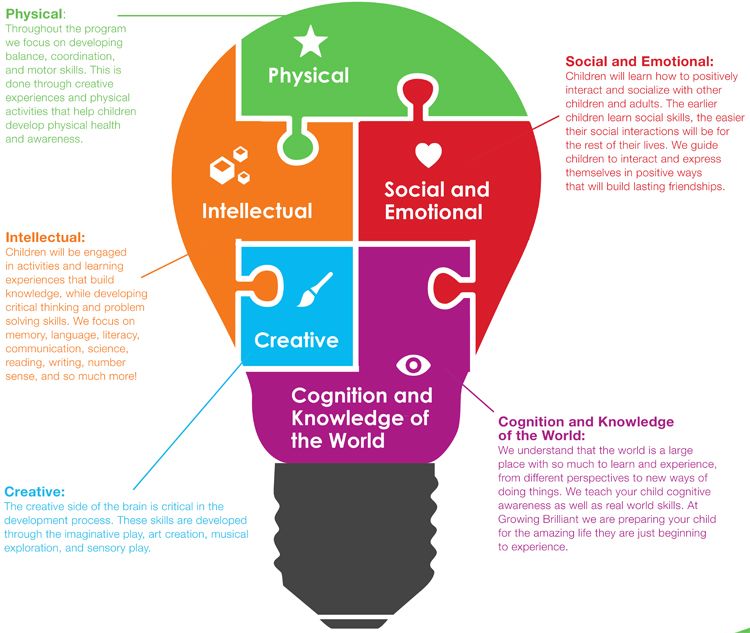
Stressful conditions make it harder to maintain the excitement and energy needed to feel flow. They spend too much energy on solving personal problems. However, given the importance of managing emotions and the extent to which leaders serve as a living symbol for their people, emotional expression is essential. Symptoms of alexithymia, anhedonia, or dissociation prevent the manager from being in contact with his employees. This can be played, but over time, leaders and subordinates will feel that their leader is not morally and emotionally with them, that he cannot maintain momentum. Thus, the leader must either prevent the appearance of such symptoms, or seek external help (colleagues or specialists) to get rid of them. Leaders will only be able to help their people stay energized if they look at these issues intelligently. nine0003
To the list of articles on Coaching and business consulting
To the list of articles on the Clinical management paradigm
To the list of articles on History and theory of psychoanalysis
To the list of articles by A. V. Rossokhin in the journal "Psychologies"
V. Rossokhin in the journal "Psychologies"
Psychology of stupidity. Why even the smartest people sometimes believe in bullshit
Serious and at the same time incredibly ironic collection of essays, collected by the French psychologist Jean-Francois Marmion, tries to combine everything we know about stupidity and stupidity. Who are they? What is going on in their heads? Can they be avoided—and should they? In the book "Psychology of Stupidity" the most famous scientists, philosophers, researchers of our time are trying to figure out all these issues. Forbes Life publishes a chapter from the book, which is published by the Bombora publishing house on November
Finished reading here
People whose intelligence no one is in doubt sometimes surprise by expressing ideas without foundation or supporting ridiculous theories.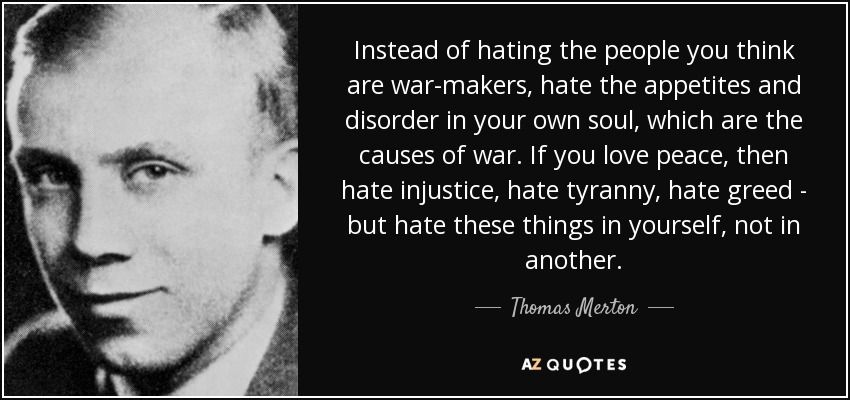
Indeed, no known definition of intelligence causes unanimity. The reason may be that the word is associated with different qualities. History is full of examples of people who are unanimously recognized as intelligent in fields as diverse as science, technology, art, or philosophy. nine0003
Defining intelligence as “the ability to reason, plan, solve problems, think abstractly, comprehend complex concepts, memorize quickly, use accumulated experience”, scientists conducted a meta-analysis of studies. And they came to the conclusion that smart people are less inclined than others to believe in God. So it seems logical that highly intelligent people are more likely to insulate themselves from prejudice.
To reveal a high level of intelligence, one should remember the ability of some people to abandon the established patterns of their era and act in a new way, not content with what seems obvious.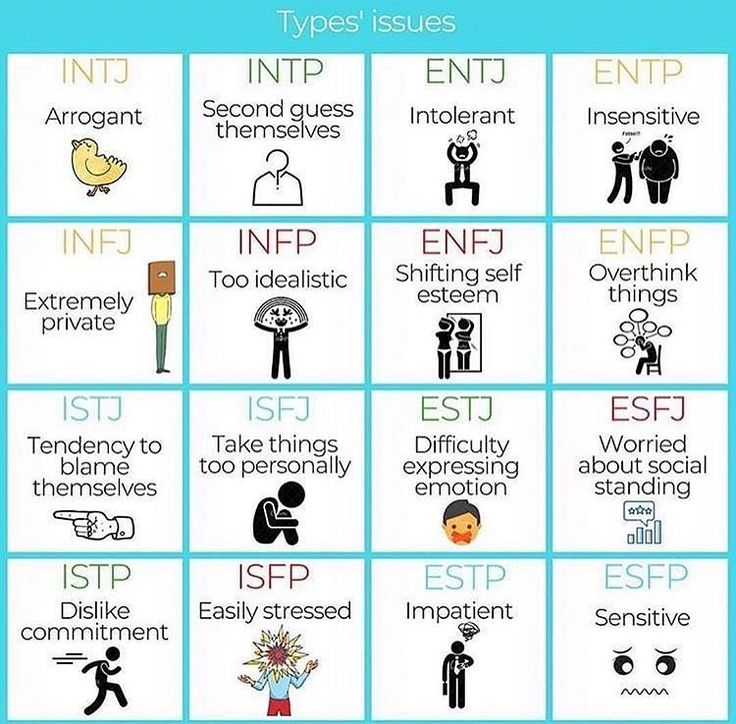 Galileo, Darwin, Einstein, but also Kant and Descartes were such dissenters. They questioned the prevailing ideas and simplistic interpretations of how the world works. Intelligence in their case was accompanied by critical thinking, the ability to intellectually resist the dominant system of concepts, attempted indoctrination, and in general any form of dogmatism. nine0003
Galileo, Darwin, Einstein, but also Kant and Descartes were such dissenters. They questioned the prevailing ideas and simplistic interpretations of how the world works. Intelligence in their case was accompanied by critical thinking, the ability to intellectually resist the dominant system of concepts, attempted indoctrination, and in general any form of dogmatism. nine0003
Meanwhile, in her article, Heather A. Butler, assistant professor of psychology at the University of California, asks about a strange phenomenon: smart people can do stupid things and believe all sorts of nonsense. In particular, she writes: “Critical thinking is often confused with intelligence, but they are not the same thing. Critical thinking is a set of cognitive qualities that allow us to think rationally with a specific goal in mind, and the willingness to apply these qualities at the right time. Critical thinkers have a flexible mind and look for evidence to support their beliefs, as well as recognize attempts to indoctrinate them with something inappropriate.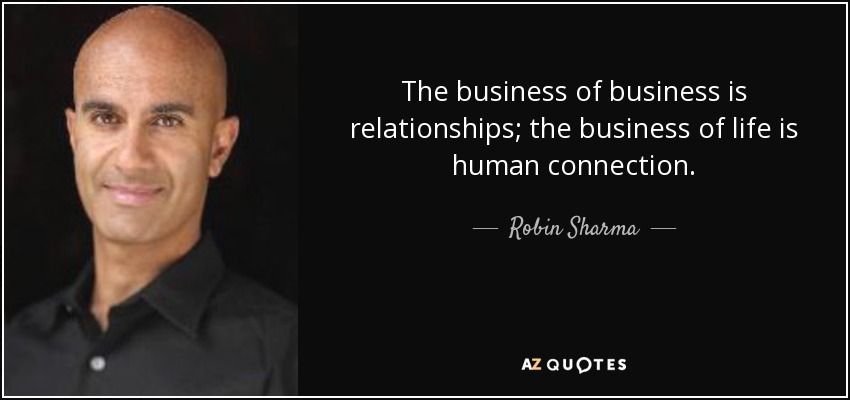 Critical thinking means the ability to overcome any cognitive biases (eg, hindsight bias, confirmation bias).” nine0003
Critical thinking means the ability to overcome any cognitive biases (eg, hindsight bias, confirmation bias).” nine0003
Now it becomes clear why even very smart people can sometimes believe in strange things. Sociologist Gerald Bronner, in an interview with Thomas S. Durand for the documentary The Laws of Mental Attraction, admits that he was once a millenarian: "I know you can believe in crazy things without being a psycho." He adds that it was only "a chain of coincidences" and "a sequence of small events" that helped him question this belief. But not everyone is so lucky.
Jimmy Carter and his message to aliens
American President Jimmy Carter (1977-1981) during his election campaign said: "If I am elected president, I will make sure that all the information available in our country about UFO sightings is available to society and scientists. " And he added an unexpected phrase, a clear example of confirmation bias: "I am sure that UFOs exist because I saw one myself."
" And he added an unexpected phrase, a clear example of confirmation bias: "I am sure that UFOs exist because I saw one myself."
Acting on his convictions, Jimmy Carter on September 5, 1977 sent a message to alien civilizations aboard the Voyager 1 interplanetary station. He talks about the interplanetary station itself and the Earth, and then turns to aliens: “This is a gift from a small distant world: our sounds, our science, our images, our music, our thoughts and feelings. We are trying to survive in our era so that we can live in yours. We hope that one day, having solved all our problems, we will be able to join the galactic community of civilizations. These recordings represent our hopes, our determination and our good will in this universe so vast and admirable." nine0003
That Jimmy Carter, the 2002 Nobel Peace Prize winner, socio-political writer, was so naive as to send a message to extraterrestrials (which would not reach the intended addressee until forty thousand years later, and still we would never know because interplanetary station will stop transmitting data after 2025), is puzzling.
It must be said that Carter was not the only one who sent a message to alien civilizations. nineteenNovember 2017, the Science Post online magazine wrote that the SETI1 astronomer group sent a radio message with information about the planets of the solar system, the structure of DNA, the image of a person and other data about the Earth and its inhabitants. The message was sent to the nearest star system, where, according to calculations, there may be a potentially habitable planet, close enough that we can get an answer in less than 25 years. Agree, a much more reasonable time, though not tomorrow. nine0003
Surprisingly, scientists such as physicist Stephen Hawking and astronomer Dan Wertheimer, a researcher at the SETI Center at Berkeley, warned the authorities about the possible consequences of communication with aliens, because “a civilization that is able to receive and understand such messages is certainly older and more technologically advanced than we are. " Dan Wertheimer, in particular, noted: "It's like screaming in the forest, not knowing if there are tigers, lions, bears or other dangerous animals in it." There is something to be confused about. nine0003
" Dan Wertheimer, in particular, noted: "It's like screaming in the forest, not knowing if there are tigers, lions, bears or other dangerous animals in it." There is something to be confused about. nine0003
However, even very intelligent people can be blinded by their beliefs to such an extent that they are ready to give up the freedom of critical thinking, sacrifice their happiness and even their lives.
Steve Jobs - insightful, brilliant, but blinded by his convictions
Called the prophet, the god of high-tech, "iGod", he often mentioned "magical thinking", thanks to which you can bend the world to your will. It bore fruit when he managed to realize brilliant ideas, but turned out to be powerless against cancer. nine0003
Considering the opinion of his biographers Daniel Ishbia and Walter Isaacson, as well as all his achievements, Steve Jobs was an intelligent and brilliant man.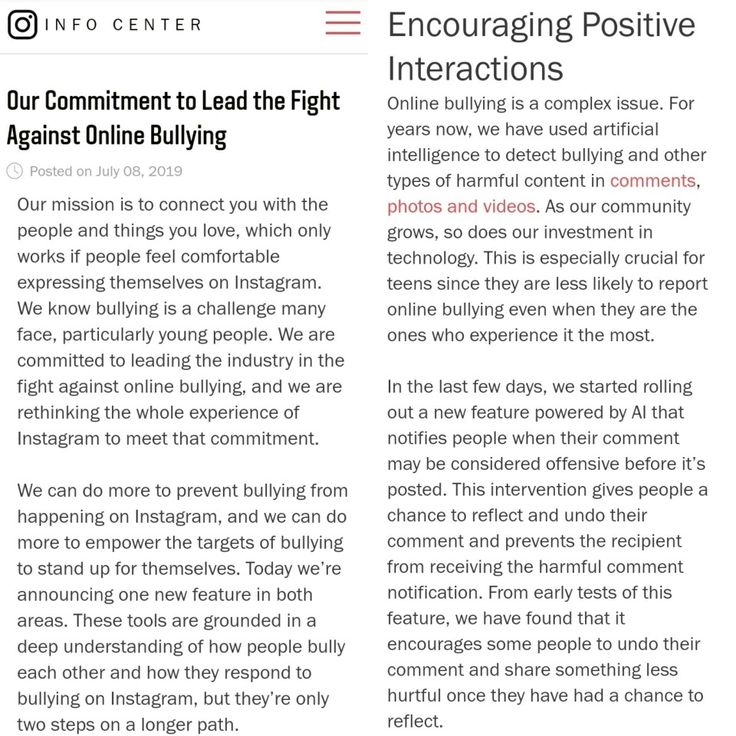 Daniel Ishbia, journalist and author of The Four Lives of Steve Jobs, describes him this way: He was rather than a leader, but a true artist, in constant search for the Grail, an aesthete, inspired by one desire - to change the world. nine0003
Daniel Ishbia, journalist and author of The Four Lives of Steve Jobs, describes him this way: He was rather than a leader, but a true artist, in constant search for the Grail, an aesthete, inspired by one desire - to change the world. nine0003
Walter Isaacson, author of biographies of Einstein, Kissinger, and Franklin, quotes a line in Steve Jobs's biography from Apple's "Think Different" ad campaign: "Only a fool believes he can change world, and therefore changes it.
Steve Jobs' biological father was Syrian. His mother is American. As an unmarried student, she gave her son to be raised by the Jobs couple, putting forward the only condition - the boy must receive a higher education. The Jobs couple soon moved to Silicon Valley. As a teenager, Steve Jobs became interested in India, Buddhism and hippie culture. After living for some time in India with a friend, he returned home, entered college, which he dropped out after three months.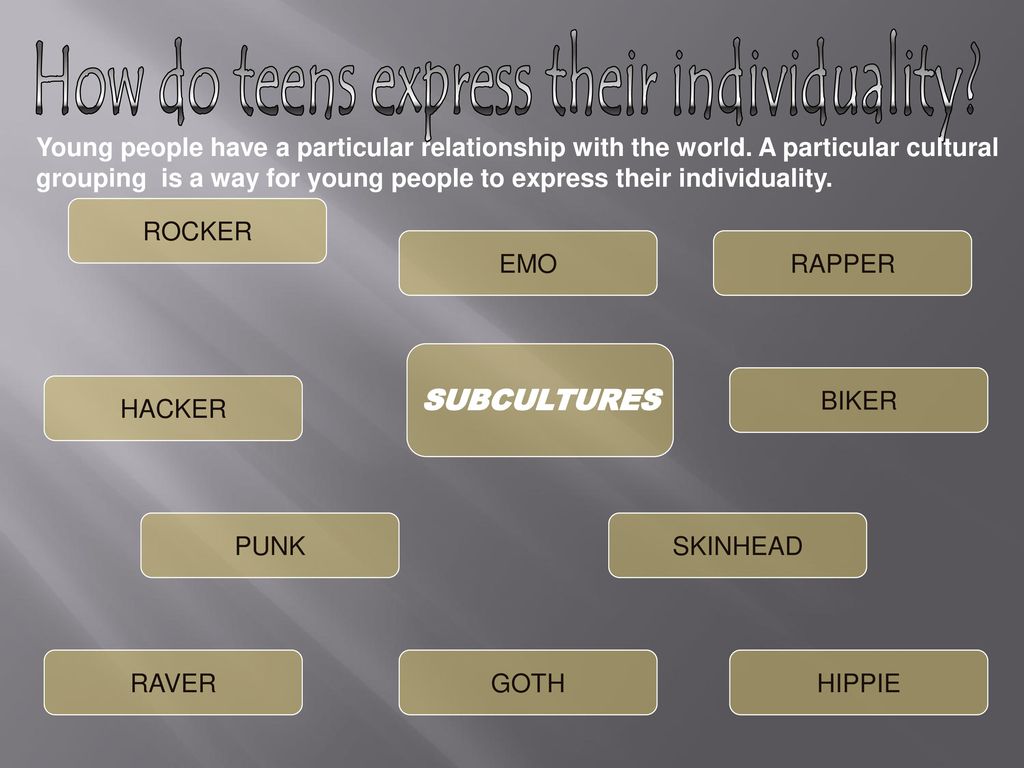 Then he enrolled in a calligraphy course, which strengthened his aesthetic taste, and lived all summer in an orchard, where he ate only apples. Some time later, together with his friend Steve Wozniak, he created the Apple company and at the age of 25 became the youngest American millionaire. He surrounded himself with geniuses and revealed their talents thanks to his charisma and intelligence. He created the Apple I, Apple II, and iMac computers, opened the Pixar animation studio, launched the industry-changing iPod, iPhone, and iPad, among many other things. But his life was full of difficulties that he overcame each time in order to move on. Except for the last stage - pancreatic cancer. nine0003
Then he enrolled in a calligraphy course, which strengthened his aesthetic taste, and lived all summer in an orchard, where he ate only apples. Some time later, together with his friend Steve Wozniak, he created the Apple company and at the age of 25 became the youngest American millionaire. He surrounded himself with geniuses and revealed their talents thanks to his charisma and intelligence. He created the Apple I, Apple II, and iMac computers, opened the Pixar animation studio, launched the industry-changing iPod, iPhone, and iPad, among many other things. But his life was full of difficulties that he overcame each time in order to move on. Except for the last stage - pancreatic cancer. nine0003
When doctors diagnosed him with a tumor in October 2003, they shed tears of excitement when they discovered that it was operable. But Jobs turned down the operation because, as a vegetarian and Buddhist, he was a medical skeptic and a strong believer in alternative therapies. He consulted with healers, herbalists, acupuncturists, swallowed herbal pills, drank fruit juices, arranged long periods of fasting. In 2004, repeated studies showed that dandelion salads were ineffective against cancer cells: the tumor had spread beyond the pancreas. Then he agreed to the operation, but it was too late. April 2009a year later, he received a liver transplant at the University of Tennessee Methodist Hospital at Memphis, delaying the inevitable. He continued to work for Apple until his death in October 2011 at the age of 56.
He consulted with healers, herbalists, acupuncturists, swallowed herbal pills, drank fruit juices, arranged long periods of fasting. In 2004, repeated studies showed that dandelion salads were ineffective against cancer cells: the tumor had spread beyond the pancreas. Then he agreed to the operation, but it was too late. April 2009a year later, he received a liver transplant at the University of Tennessee Methodist Hospital at Memphis, delaying the inevitable. He continued to work for Apple until his death in October 2011 at the age of 56.
His biographers and friends reflect on the inconsistency of his personality. A brilliant inventor capable of moving mountains, but unable to give up ridiculous views, which hastened his end. Maybe he was haunted by the obsessive thought that he was abandoned by his biological parents, and he wanted to fill this void with esoteric research? The influence of the hippie culture of Silicon Valley 19The 70s probably also contributed to his desire to go to India for "insight".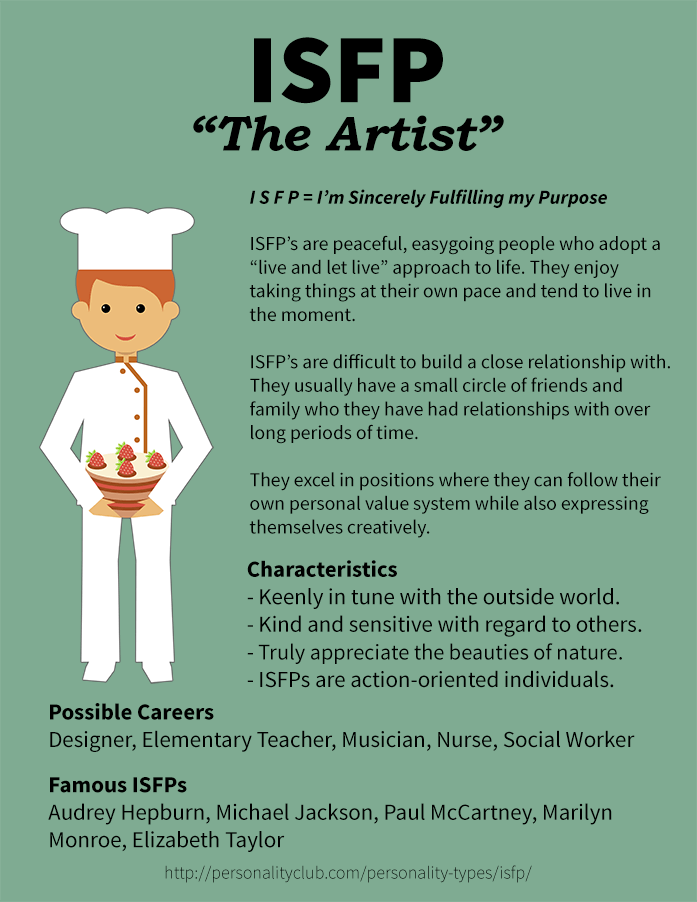
"Galileo was wrong, the church was right"
Irrational beliefs can be dangerous only for their bearer, but this is not always the case. Some people try to convince gullible minds of something, even if they don't believe it themselves. In the documentary The Laws of Mental Attraction, which we talked about above, French physicist Henry Broch says: “A quarter of Europeans believe that the Earth is at the center of the universe and everything revolves around it.” nine0003
A few years ago, on November 6, 2010, at the Hilton Garden Hotel in South Bend, Indiana, 150 km from Chicago, a so-called scientific convention called "Galileo was wrong, the church was right" was held, which brought together ten "experts". They all tried to prove that the Sun revolves around the Earth according to the geocentric model, despite the fact that science adopted the heliocentric model (the Earth and other planets revolve around the Sun) back in the days of Copernicus, Galileo, Kepler and Newton. nine0003
nine0003
The poster's subtitle stated that this would be the "first" annual Catholic conference on geocentrism. Dr. Robert Sangenis opened the convention with an address titled "Geocentrism: They know about it, but they hide it," returning to the regularly raised topic of conspiracy theory. Other speakers, such as Dr. Robert Bennett, Dr. John Salza, announced no less stunning topics: "Scientifically proven, the Earth is at the center of the Universe", "Introduction to the structure of the geocentric system of the world" or "Scientific experiments prove that the Earth is stationary at the center Universe." Their qualifications as "experts" are rather vague: Robert Bennett, co-organizer of the congress, for example, claimed to have a Ph.D. in general relativity; Robert Sangensis turned out to be president of Catholic Apologetics International, author of books and articles on theology, science, culture, and politics. and teacher of physics and mathematics in various educational institutions.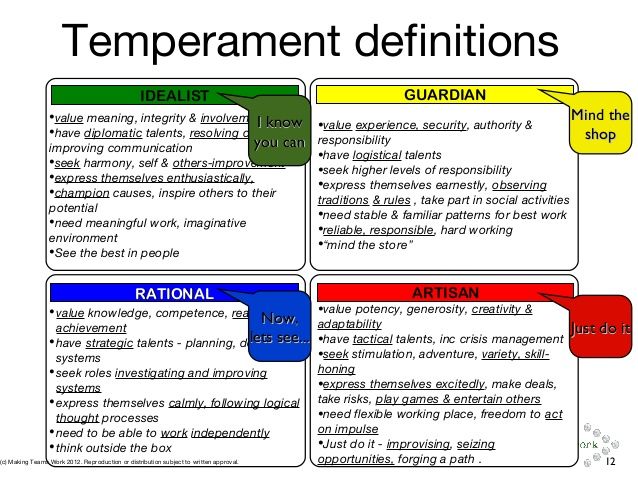 He stated that physicists such as Albert Einstein, Ernst Mach, Edwin Hubble, Fred Hoyle and "many others" allegedly proved that, as it is said in the Bible, the Sun and all planets revolve around the Earth, unshakable in space, and hoped that the Holy Scriptures will take their place, and people will understand that science is not at all what they say about it. nine0003
He stated that physicists such as Albert Einstein, Ernst Mach, Edwin Hubble, Fred Hoyle and "many others" allegedly proved that, as it is said in the Bible, the Sun and all planets revolve around the Earth, unshakable in space, and hoped that the Holy Scriptures will take their place, and people will understand that science is not at all what they say about it. nine0003
"A quarter of Europeans still believe that the Earth is at the center of the universe and everything revolves around it."
Meanwhile, every new discovery of science confirms that the model of geocentrism does not correspond to reality. Supporters of geocentrism can only refer to the Bible. To every scientific argument, they reply, “The Bible says that…” Attacking Galileo damages the reputation of one of the founders of modern science, who provided the first evidence for the Copernican heliocentric model of the world, and also allows to wash away what some consider shame when at 19In 92, the church publicly rehabilitated the Italian.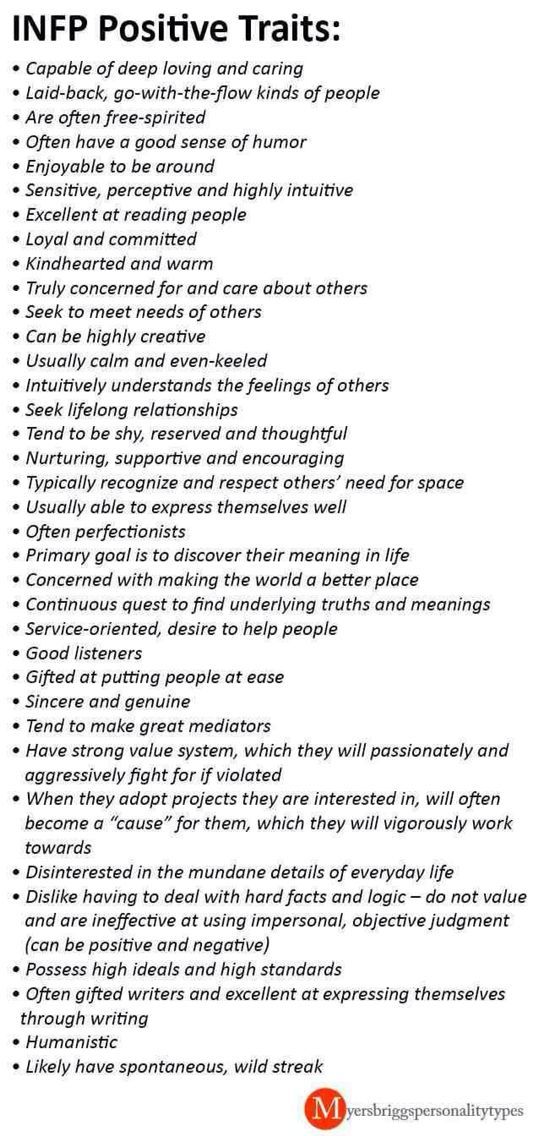
Much water has flown under the bridge since the time of Galileo. Copernican science, having before it the Holy Scriptures and faith in the revealed truth, had to fight the irrational. Today, irreconcilable fighters and some strange personalities are trying to manipulate the minds of people in order to inspire them with their chaotic theories: we are talking about the same struggle of obscurantism against the truth.
How to deal with obscurantism?
If you can't particularly increase your level of intelligence, then you can learn to develop critical thinking. Not all beliefs are stupid, absurd, or dangerous. Some of them can be constructive, such as faith in yourself, in your abilities, in your worth, in life and in other people. nine0003
The risk of falling under the influence of dangerous beliefs is associated with the need to find the meaning of life at all costs. If someone gives us an explanation that matches our worldview, or frees us from independent search, it is easier for us to accept it. But the biggest danger of irrational beliefs is that they tend to coincide with our intuitive expectations.
If someone gives us an explanation that matches our worldview, or frees us from independent search, it is easier for us to accept it. But the biggest danger of irrational beliefs is that they tend to coincide with our intuitive expectations.
Since ancient times, people have believed in strange things, and many have tried to fight them. This amounts to a balance that does not change much over time. So you can fight for rationalism with the idea that you are simply helping to maintain world balance. nine0003
Despite all their reasonableness, good manners and criticality, no one is immune from stupid prejudices - mainly because it is difficult for people to believe in chance. Looking for fate, fatality, intrigue, conspiracy, good or evil intent in random events is a universal delusion. “God loves a trinity”, “There is no smoke without fire”, “He who laughs last laughs well” - all these proverbs express the need to look for a causal connection and meaning in everything.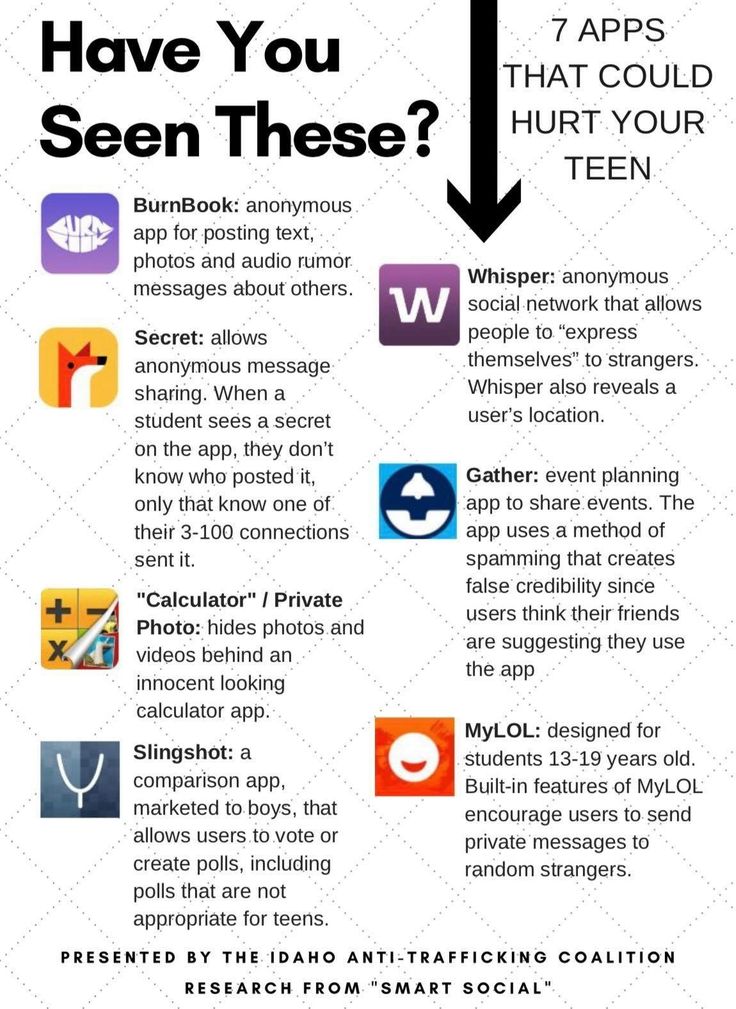

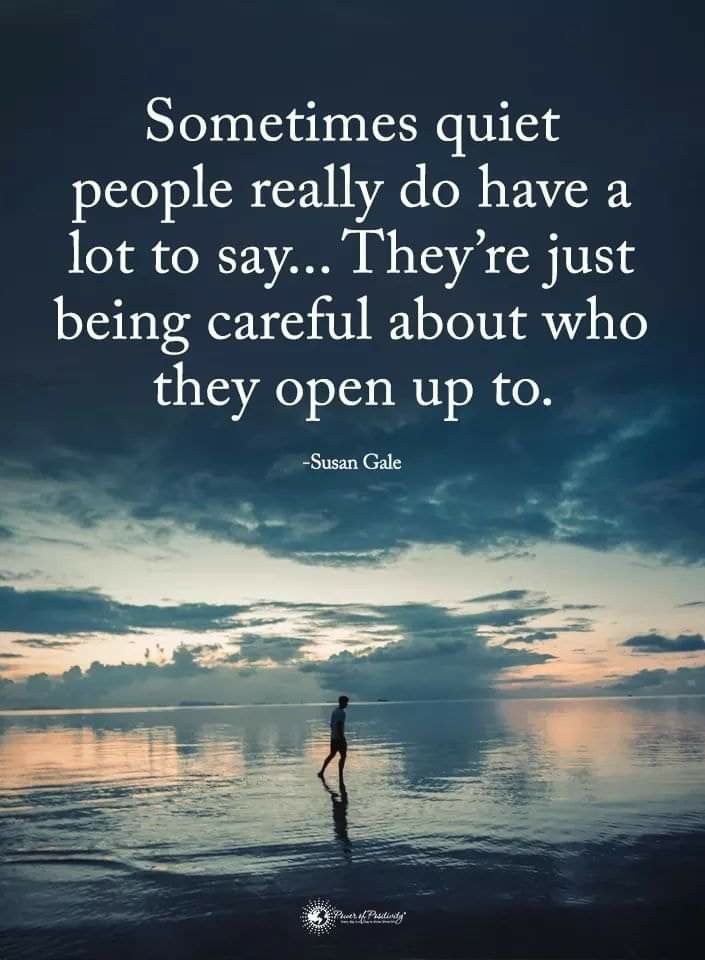

.jpg)

